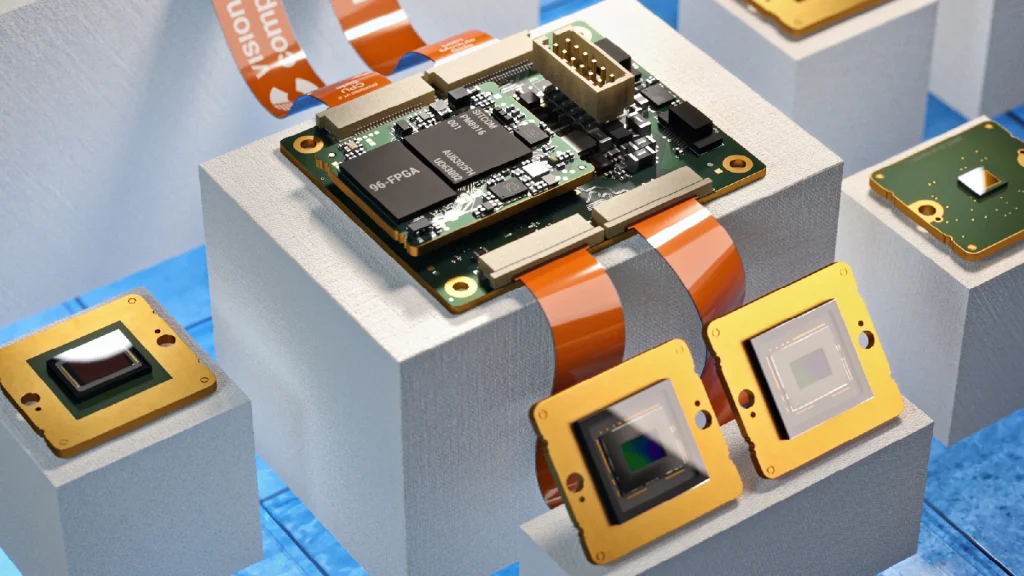In the ever-evolving landscape of modern industry, innovation is the key to success. As businesses strive to enhance productivity, reduce costs, and improve efficiency, they turn to cutting-edge technologies. One such technology that has gained significant traction in various industrial sectors is Field-Programmable Gate Arrays (FPGAs). These versatile devices, along with industrial standard FPGA solutions, are reshaping the way industries operate. In this comprehensive guide, we will explore the role of FPGA technology in various industrial applications and the impact it has on optimizing processes and driving innovation.
Understanding Field-Programmable Gate Arrays (FPGAs)
Before delving into the applications of FPGAs in industry, it’s essential to grasp the fundamentals of this remarkable technology.
What are FPGAs?
FPGAs are semiconductor devices that can be configured and reconfigured to perform specific functions or tasks. Unlike Application-Specific Integrated Circuits (ASICs), which are fixed and designed for a particular purpose, FPGAs offer flexibility and adaptability.
How Do FPGAs Work?
At their core, FPGAs consist of an array of programmable logic blocks and configurable interconnects. Users can define and program the functionality of these logic blocks, effectively “teaching” the FPGA to perform desired tasks. This flexibility makes FPGAs ideal for a wide range of applications.
Industrial Standard FPGA Solutions: A Game-Changer
The industrial sector has witnessed a paradigm shift in recent years, driven by the adoption of industrial standard FPGA solutions. These solutions provide the following advantages:
1. Customization and Flexibility:
Industrial FPGAs can be tailored to meet specific industrial requirements. Whether it’s for automation, control systems, or data processing, FPGAs offer customization options that traditional off-the-shelf solutions cannot match.
2. Real-Time Processing:
Industries often require real-time processing of data and control signals. FPGAs excel in this regard, as they can rapidly process and respond to inputs, making them ideal for applications like robotics, machine vision, and control systems.
3. Energy Efficiency:
Energy consumption is a significant concern in industrial settings. FPGAs are highly energy-efficient, consuming only the power required to perform a given task. This efficiency translates to cost savings and reduced environmental impact.
4. Rapid Prototyping:
FPGAs facilitate rapid prototyping and development, allowing industries to test and iterate on new concepts and designs quickly.
Now, let’s explore some of the key industries where industrial standard FPGA solutions are making a substantial impact:
5. Manufacturing and Automation:
In the manufacturing sector, precision and speed are paramount. Industrial FPGAs are used to control robotic arms, monitor production lines, and implement quality control measures. They enable real-time data analysis, improving production efficiency and product quality.
6. Aerospace and Defense:
The aerospace and defense industries demand high-performance computing solutions for tasks such as radar signal processing, communication systems, and unmanned aerial vehicle (UAV) control. FPGAs provide the required computational power while adhering to strict safety and security standards.
7. Telecommunications:
FPGAs play a crucial role in telecommunications infrastructure. They are used in base stations, routers, and switches to process vast amounts of data and ensure seamless communication networks. The flexibility of FPGAs allows telecom companies to adapt to evolving standards and protocols.
8. Healthcare and Medical Devices:
In the healthcare sector, FPGAs are employed in medical imaging equipment, such as MRI machines and ultrasound devices. These devices require real-time image processing and data analysis, which FPGAs deliver with precision and speed.
9. Energy and Utilities:
The energy and utilities industries rely on FPGAs for monitoring and controlling power generation and distribution systems. FPGAs help optimize energy grids, improve the efficiency of renewable energy sources, and enhance the reliability of electrical networks.
10. Automotive and Transportation:
In the automotive sector, FPGAs are used in advanced driver-assistance systems (ADAS) for tasks like object detection, lane tracking, and adaptive cruise control. FPGAs are also integral to the development of autonomous vehicles, where split-second decisions are critical to safety.
11. Scientific Research:
In scientific research, especially in fields like particle physics and astronomy, FPGAs are used to process and analyze massive amounts of data generated by experiments and telescopes. Their parallel processing capabilities significantly accelerate data analysis.
12. Financial Services:
In the highly competitive world of financial services, low-latency data processing is vital. FPGAs are employed in high-frequency trading (HFT) systems to execute trades at lightning speed, gaining a competitive edge.
Challenges and Future Trends
While industrial standard FPGA solutions have brought significant benefits to various industries, they are not without challenges. These challenges include:
Complexity: Programming and configuring FPGAs require specialized knowledge and skills.
Cost: Developing custom FPGA solutions can be expensive, especially for smaller companies.
Integration: Integrating FPGAs into existing systems can be complex and time-consuming.
However, ongoing advancements in FPGA technology are addressing these challenges. Future trends include:
AI Integration: FPGAs are increasingly being used as accelerators for AI and machine learning workloads, further enhancing their capabilities.
Security: FPGA vendors are focusing on improving the security features of their devices to address growing cybersecurity concerns.
Ease of Use: Efforts are being made to simplify FPGA development tools and make them more accessible to a broader range of developers.
In conclusion, industrial standard FPGA solutions have emerged as indispensable tools across a spectrum of industries. Their flexibility, real-time processing capabilities, and energy efficiency make them a driving force behind innovation and efficiency improvements. As technology continues to advance, FPGAs will play an increasingly pivotal role in shaping the future of industrial processes and applications, making industries smarter, more efficient, and more connected than ever before.

